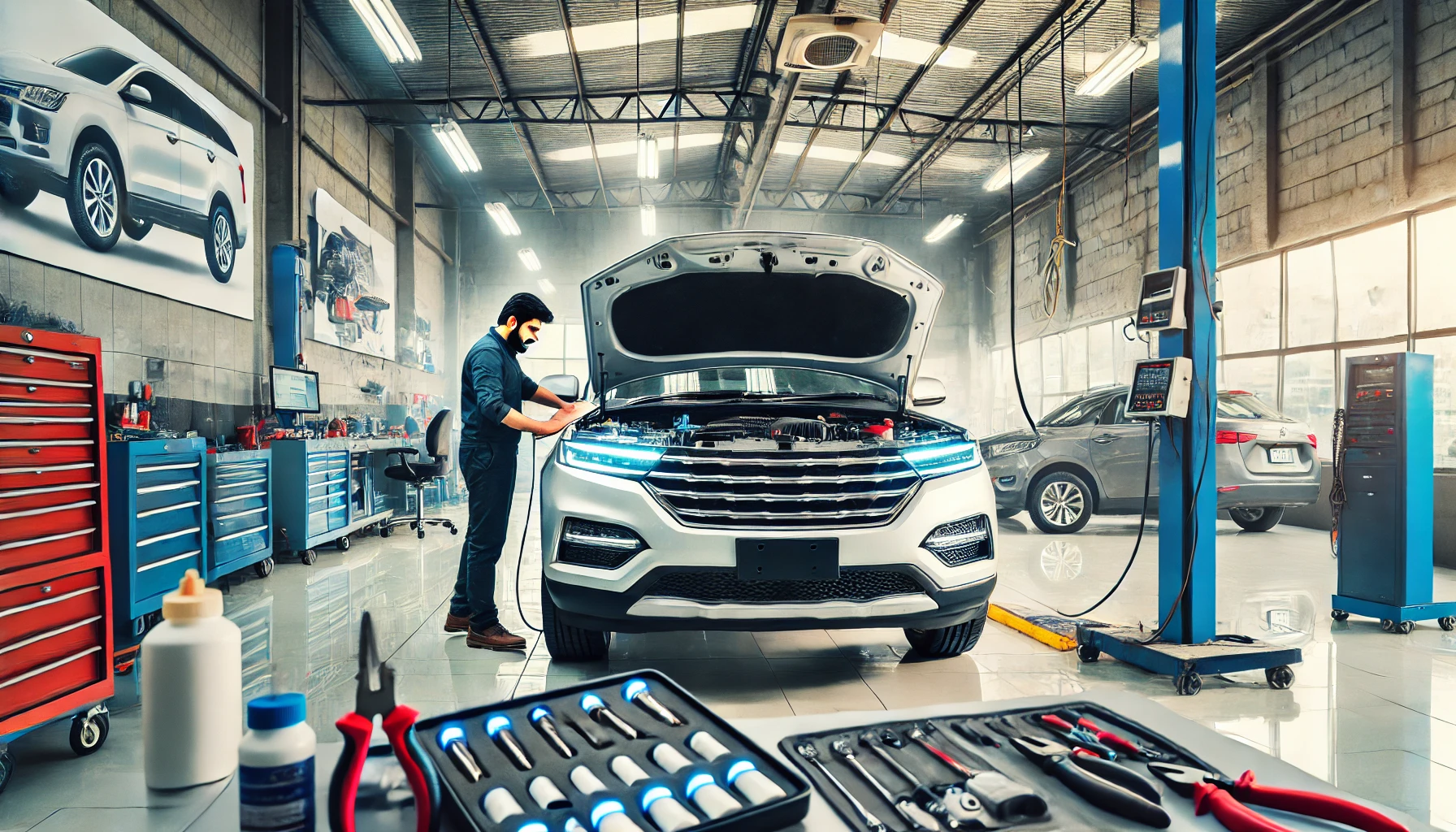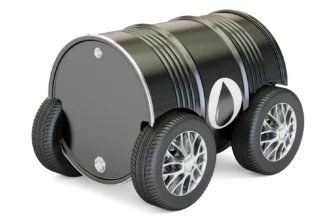
For car enthusiasts and everyday drivers alike, a car tune-up is an essential part of maintaining peak vehicle performance. Whether you own a daily commuter, a family SUV, or a performance-oriented ride, keeping your car in top shape is key to longevity, efficiency, and an enjoyable driving experience. But what exactly is a car tune-up, and why is it so important? Let’s dive into the details.
What Is a Car Tune-Up?
A car tune-up is a series of maintenance procedures performed on a vehicle to ensure it runs smoothly and efficiently. This includes checking, adjusting, and replacing key components that impact engine performance and fuel efficiency. While modern vehicles are built with advanced technology that reduces the need for frequent tune-ups, regular servicing is still crucial to avoid costly repairs down the road.
Signs Your Car Needs a Tune-Up
How do you know it’s time for a tune-up? Here are some common signs:
- Decreased Fuel Efficiency: If you’re visiting the petrol pump more often, your car may not be running as efficiently as it should.
- Rough Idling or Stalling: A shaky engine or sudden stalls indicate underlying issues.
- Slow Acceleration: If your car feels sluggish or lacks power, it might need a performance boost.
- Strange Noises or Vibrations: Unusual sounds like knocking, pinging, or rattling could signal engine trouble.
- Dashboard Warning Lights: If the check engine light is on, it’s time to inspect your car’s vital components.
What Does a Tune-Up Include?
A comprehensive tune-up involves various checks and replacements to improve overall vehicle performance. Here’s what a typical tune-up covers:
1. Replacing Spark Plugs and Ignition Components
Spark plugs are responsible for igniting the air-fuel mixture in the engine. Worn-out spark plugs can lead to poor fuel economy and sluggish performance.
2. Checking and Replacing Air and Fuel Filters
Filters keep contaminants out of your engine and fuel system. A clogged air or fuel filter can reduce engine efficiency and power.
3. Inspecting and Cleaning the Fuel System
Over time, carbon deposits build up in the fuel system, affecting performance. A fuel system cleaning can help restore lost power and efficiency.
4. Checking Belts and Hoses
Worn-out belts and hoses can cause overheating or even engine failure. Inspecting and replacing them prevents sudden breakdowns.
5. Battery Inspection and Maintenance
A weak or faulty battery can leave you stranded. Checking battery voltage and cleaning terminals helps maintain a strong electrical system.
6. Adjusting Engine Timing and Idle Speed
Older vehicles may require timing adjustments to ensure smooth operation and optimal power delivery.
The Importance of Regular Tune-Ups
1. Improved Fuel Efficiency
A well-maintained engine burns fuel more efficiently, saving you money at the pump—an essential benefit, especially with fluctuating fuel prices in Pakistan.
2. Enhanced Performance and Power
A tune-up restores lost horsepower and ensures your car responds quickly to acceleration and braking.
3. Extended Engine Life
Routine maintenance helps prevent major engine issues, prolonging the lifespan of your vehicle.
4. Reduced Emissions
With increasing environmental concerns, a properly tuned engine reduces harmful emissions, contributing to cleaner air.
5. Cost Savings on Repairs
Regular tune-ups catch minor issues before they turn into expensive repairs, saving you from unexpected breakdowns.
Modern Cars and Tune-Ups
Modern vehicles have advanced onboard computers that automatically adjust engine parameters, reducing the need for frequent tune-ups. However, even the latest models require periodic maintenance, including:
- Software Updates: Many modern cars require ECU (Engine Control Unit) updates to optimize performance.
- Sensor Checks: Modern cars rely on sensors for efficiency; malfunctioning sensors can impact performance.
- Turbo and Hybrid System Maintenance: Turbocharged and hybrid vehicles have specialized components that require attention.
Tune-Up Frequency: How Often Should You Do It?
| Car Type | Recommended Tune-Up Interval |
|---|---|
| Conventional Petrol Car | Every 20,000 – 30,000 km |
| Hybrid Vehicle | Every 30,000 – 50,000 km |
| Turbocharged Car | Every 20,000 – 25,000 km |
| Older Carburetor-Based Cars | Every 15,000 – 20,000 km |
DIY Tune-Up vs. Professional Service
Can You Tune Up Your Car Yourself?
Some basic tune-up tasks like replacing air filters and spark plugs can be done at home with the right tools. However, for complex issues like timing adjustments and fuel system cleaning, a professional mechanic is recommended.
Choosing the Right Auto Workshop
When selecting a mechanic or workshop in Pakistan, consider these factors:
- Reputation and Reviews: Ask friends or check online reviews.
- Experience with Your Car Model: Some mechanics specialize in specific brands.
- Use of Genuine Parts: Ensure they use original or high-quality aftermarket components.
- Transparent Pricing: Always ask for an estimate before approving any work.
Conclusion
A car tune-up is more than just routine maintenance; it’s an investment in your vehicle’s performance, efficiency, and longevity. Whether you own a daily commuter or a high-performance car, keeping up with tune-ups ensures a smooth and reliable ride. Regularly servicing your car not only enhances your driving experience but also prevents costly repairs in the long run.






